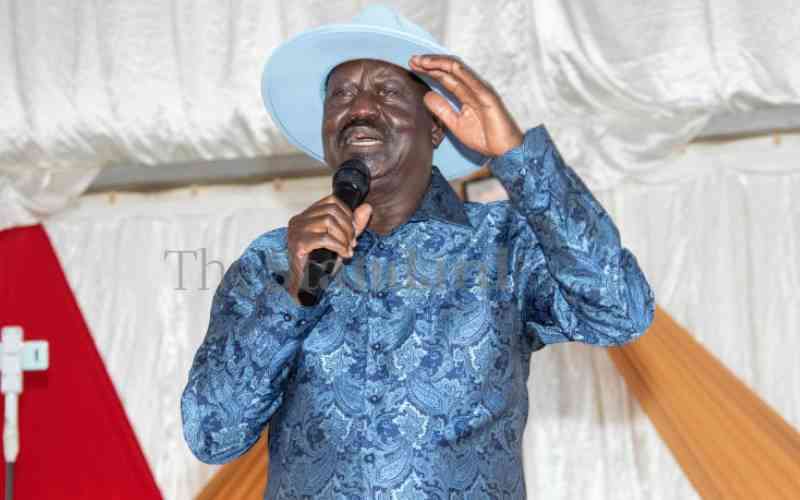×
The Standard e-Paper
Kenya’s Boldest Voice

Prior to promulgation of the 2010 Constitution, Kenya had the official opposition in Parliament, a position that came with allowances and an office.
Between 1963 and 1969 we had a political opposition although after many defections and by-elections of 1969 any residual political opposition was stifled and Kenya remained a de facto one-party state until 1991 when the agitation for multiparty democracy reached its crescendo culminating in December 1992 multi-party elections.